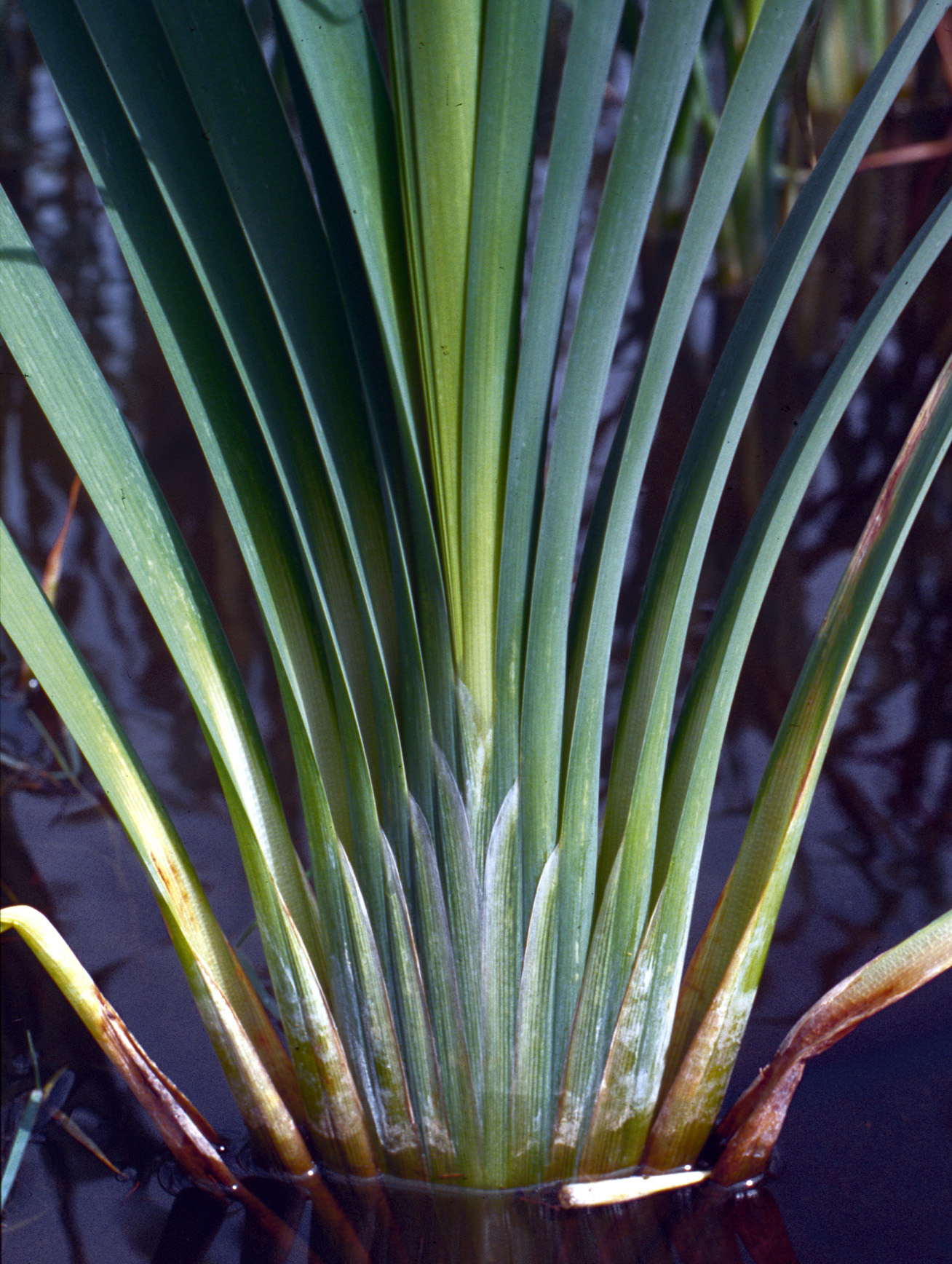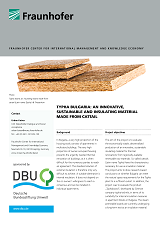Evaluation of an insulating renewable raw material (Typha) for the renovation of apartment blocks with an owner-occupier structure in Bulgaria
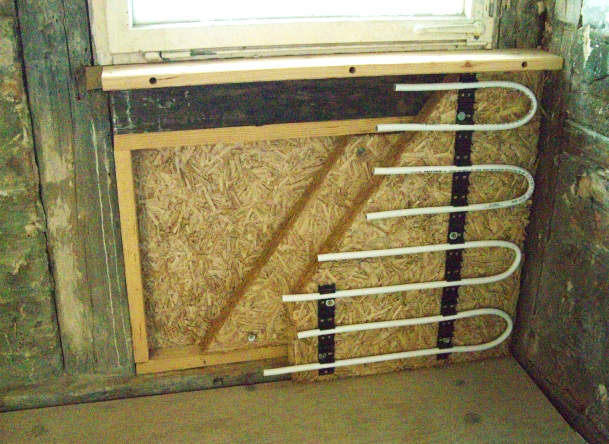
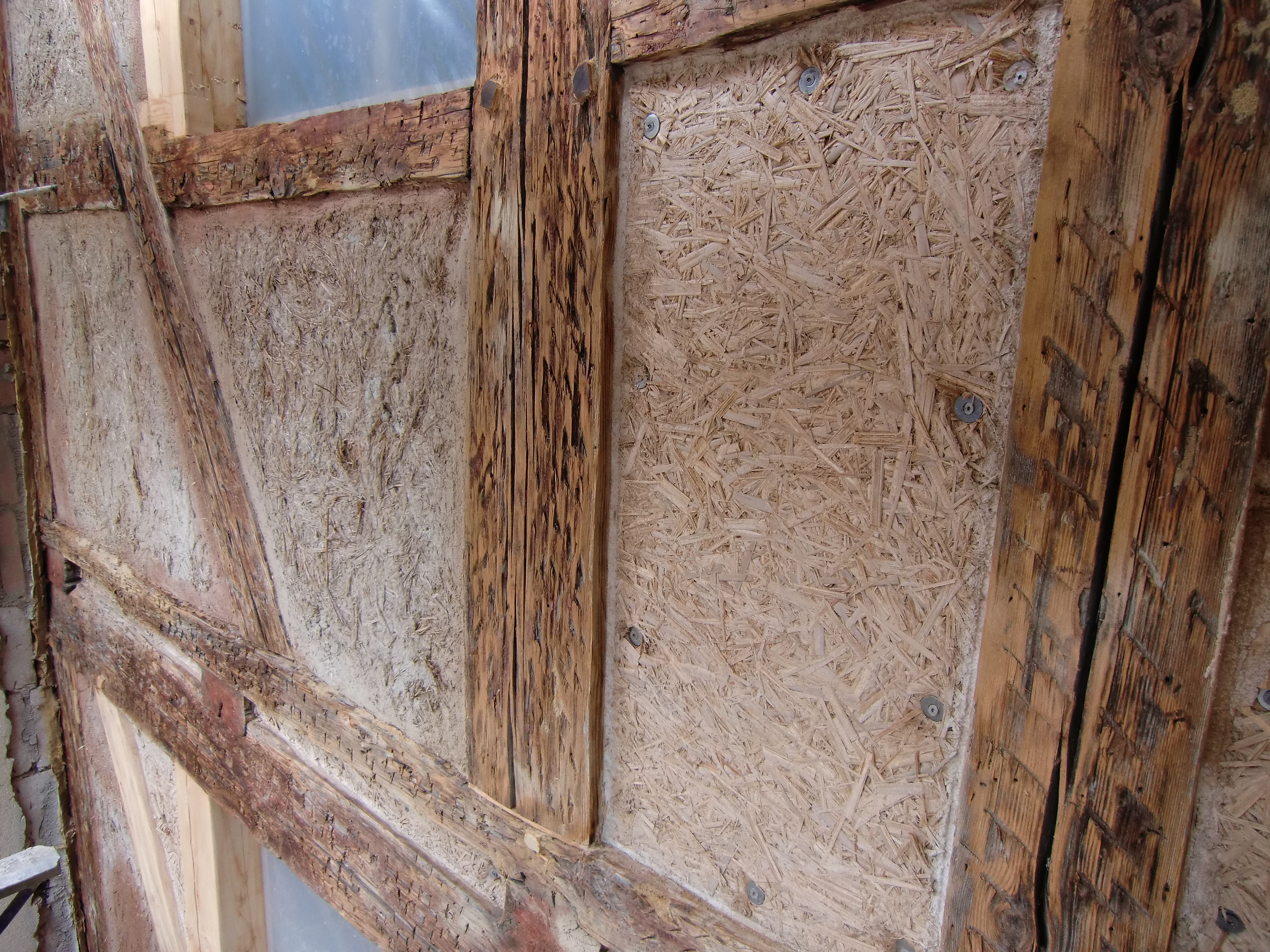
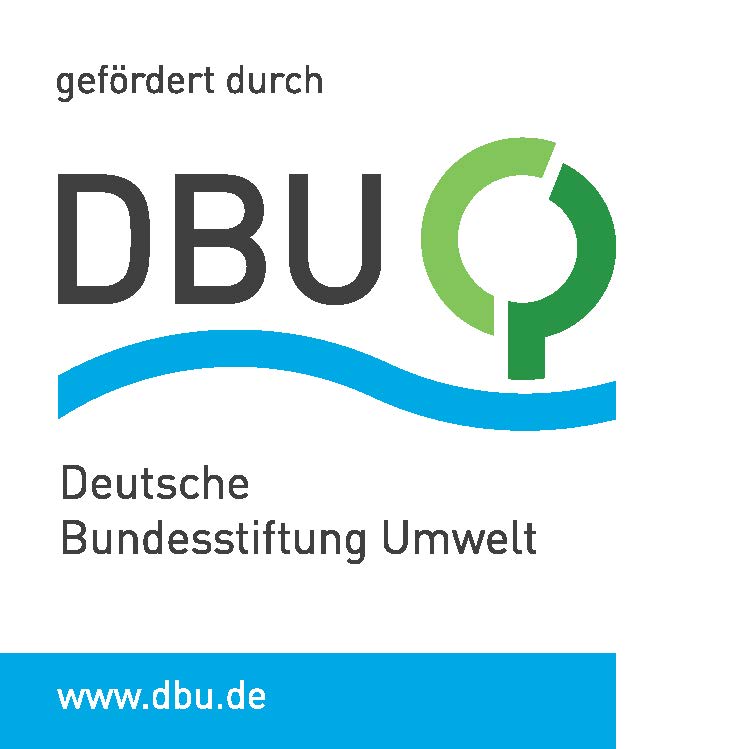
Background
In Bulgaria, a very high proportion of the housing stock consists of apartments in multistory buildings. The very high proportion of owner-occupied housing prevents the urgently needed thermal renovation of buildings, as it is often difficult for the numerous parties to reach an agreement. The usual solution of external insulation is therefore only very difficult to achieve. A suitable alternative is internal insulation. It does not depend on the co-owners' willingness to reach a consensus and can be installed in individual apartments.
Project objectives
The aim of the project was to evaluate the economically viable, decentralized production of an innovative, sustainable construction material for thermal renovations from regionally available renewable raw materials. So-called bulrushes (Latin name Typha) have the properties necessary for use as insulation material. The project aimed to draw research-based conclusions on whether Bulgaria can meet the natural space requirements for the Typha plant to a sufficient extent. In addition, the project was to evaluate the product “Typhaboard”, developed by German company typha technik, in terms of its suitability for internal insulation measures in apartment blocks in Bulgaria. The steam permeable boards are currently undergoing a long-term test as an insulation material.
Fraunhofer Center for International Management and Knowledge Economy Services
The Fraunhofer Center Leipzig (IMW) analyzed the project-relevant socioeconomic framework conditions at the regional (“oblast”) level. It was charged with drawing key conclusions, and with finding answers to the unresolved questions of whether a decentralized production in certain regions would be economically viable, and whether the construction material would be accepted locally. The experts from the Leipzig Fraunhofer Center took the lead in the identification and target-group-specific approach of potential buyers for Typha who would subsequently use the plant as a feedstock for the production of construction materials. They analyzed the user acceptance levels for “Typhaboard”.
Contact person: Urban Kaiser
Funding: The project received funding from the German Federal Environmental Foundation (DBU).
Project partners:
- typha technik Naturbaustoffe
- Fraunhofer Institute for Building Physics IBP
- SIENIT Ltd.
- University of Structural Engineering & Architecture (VSU) “Lyuben Karavelov”, Sofia
